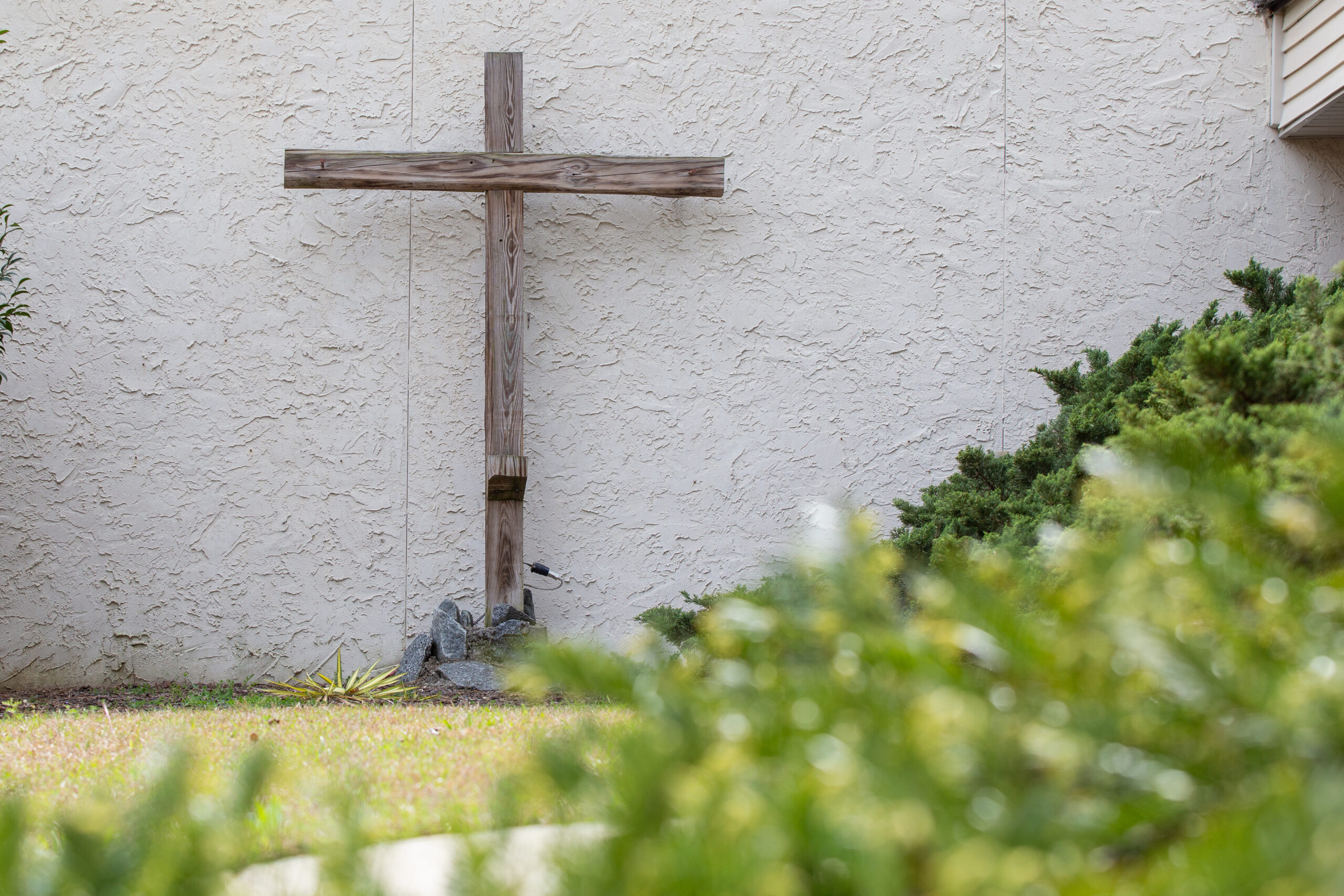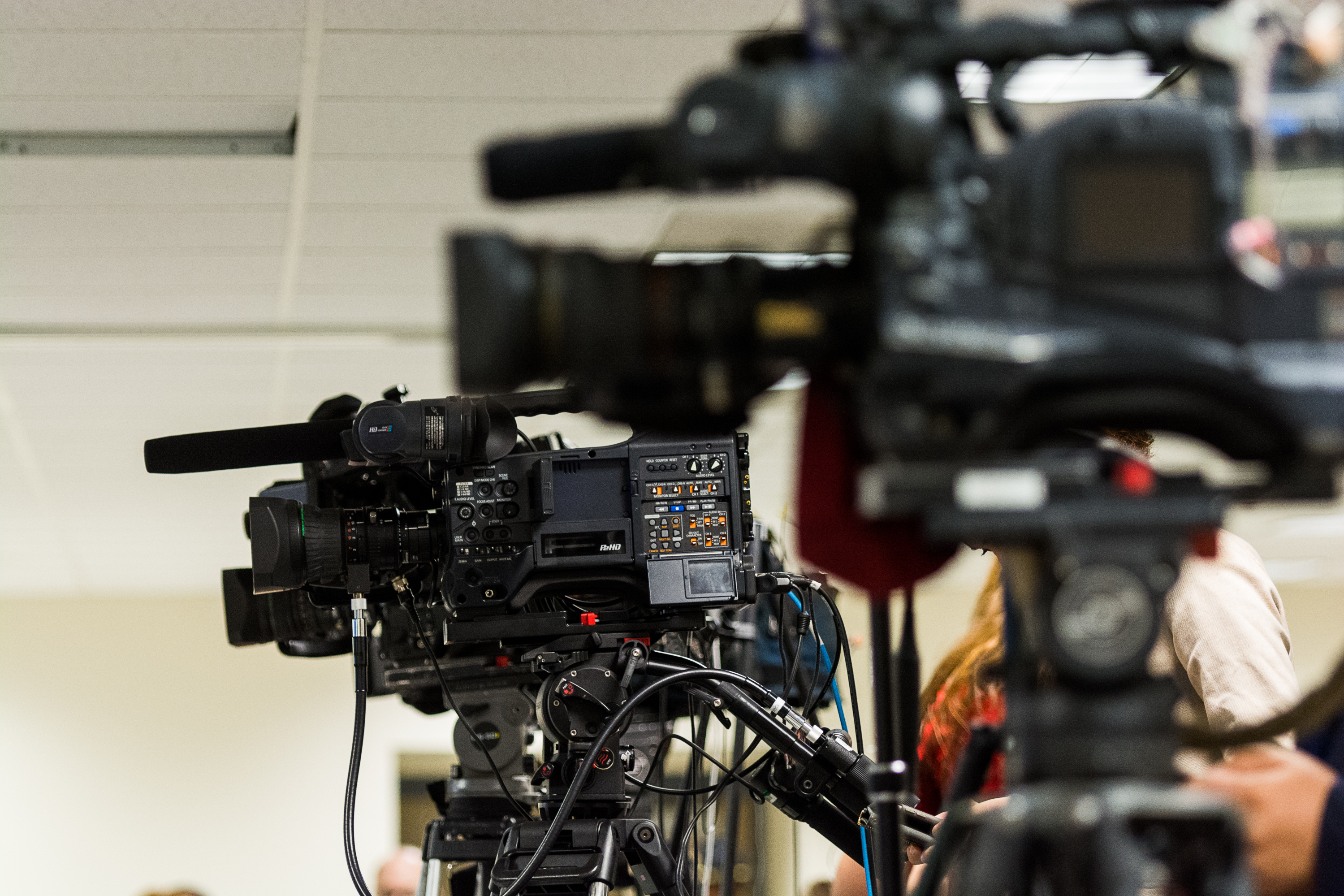Separation of church and state is a common phrase referring to the First Amendment that has been overlooked and considerably weakened in recent years.
The most recent example is the Alabama Supreme Court’s ruling regarding In Vitro Fertilization (IVF). Based on the ruling, the frozen embryos used in IVF are deemed as “children”, and are therefore able to be included in Alabama’s Wrongful Death of a Minor Act.
“The theologically based view of the sanctity of life adopted by the People of Alabama encompasses the following…human life cannot be wrongfully destroyed without incurring the wrath of a holy God, who views the destruction of His image as an affront to Himself,” Chief Justice Tom Parker said.
Parker references Christianity numerous times within the ruling such as quoting Bible verses to assert his opinion that frozen embryos are classified as children under God. Despite any personal opinion regarding frozen embryos as children, the wording of this ruling is particularly concerning due to the continued references to the Bible as a deciding factor in the case.
In cases like the ruling on IVF, decisions based on religion change the very definition of our government. To rule on religion and not fact or common law creates a theocracy instead of a democracy, in which dissenting opinions are not tolerated.
Within the Establishment Clause of the First Amendment of the U.S. Constitution, an idea coined by Thomas Jefferson asserts a “wall of separation” between religion and government. While it has some exceptions, the general concept is that the government cannot create laws based on religion.
Often, this principle has been ignored and many people in positions of power in the government have used Christianity as the reasoning behind their decisions.
The current House Speaker, Mike Johnson, is another government official who makes decisions for the government based on religious morality, violating the First Amendment.
“You know, we don’t live in a democracy…it’s a constitutional Republic…and the founders set that up because they followed the Biblical admonition,” Johnson said. “Our generation has been convinced that there is a separation of church and state. Most people think it’s a part of the constitution, but it’s not.”
Separation of church and state has been weakened over recent decades, with the increase of Christian nationalism and the emergence of the evangelical right. This movement has continued today with the likes of Donald Trump, Lauren Bobert and Marjorie Taylor Greene.
This opinion that Christian ideology is the apex of morality has had devastating negative effects on the rights of every American. Christian nationalism attempts to establish religion in government decisions regarding education, women’s rights and LGBTQ issues to name a few.
Despite what Johnson or Parker believe, the importance of separating church and state is important for the civil liberties of all Americans, not just Christians. Promoting separation ensures that all perspectives are respected within a pluralistic society, and no one opinion is declared as more important than another except when reviewing facts.
When this essential First Amendment right is ignored, people will inevitably be disenfranchised and the democracy that holds America together will erode. The continuous reference to religion in today’s politics ensures that America is on a downward slope to eliminate the democracy that our Founding Fathers intended.
Though culturally important, it was never the framer’s intention to govern based on religion. Whether people believe in the morality or truthfulness of their faith is not part of the equation. Religion should stay out of our government.



